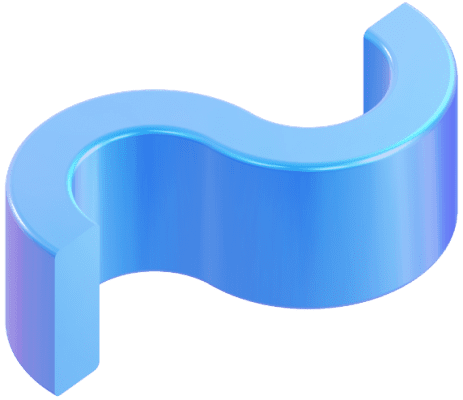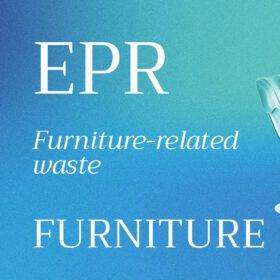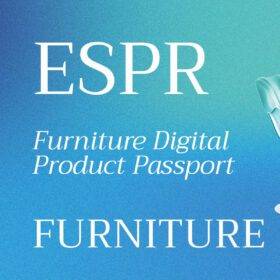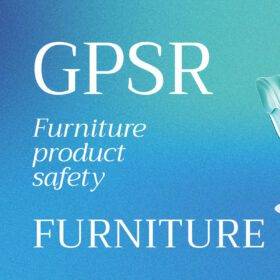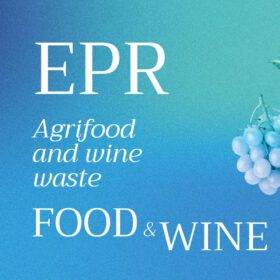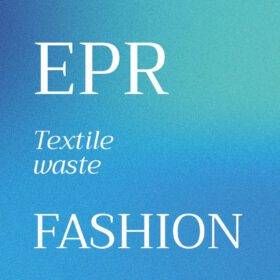The European Union is strengthening measures to reduce food waste and promote more sustainable waste management in the food sector. As part of the revision of the Waste Framework Directive, binding targets for reducing food waste by 2030 have been defined for the first time (SDG 12.3 – Agenda 2030):
- 10% of processing and production waste compared to the 2021-2023 reference period.
- 30% per capita of food waste from trade, restaurants and households compared to the period 2021-2023.
The agreement also provides for the promotion of donation of unsold food, ensuring safety and traceability.
Reading time: 3 minutes
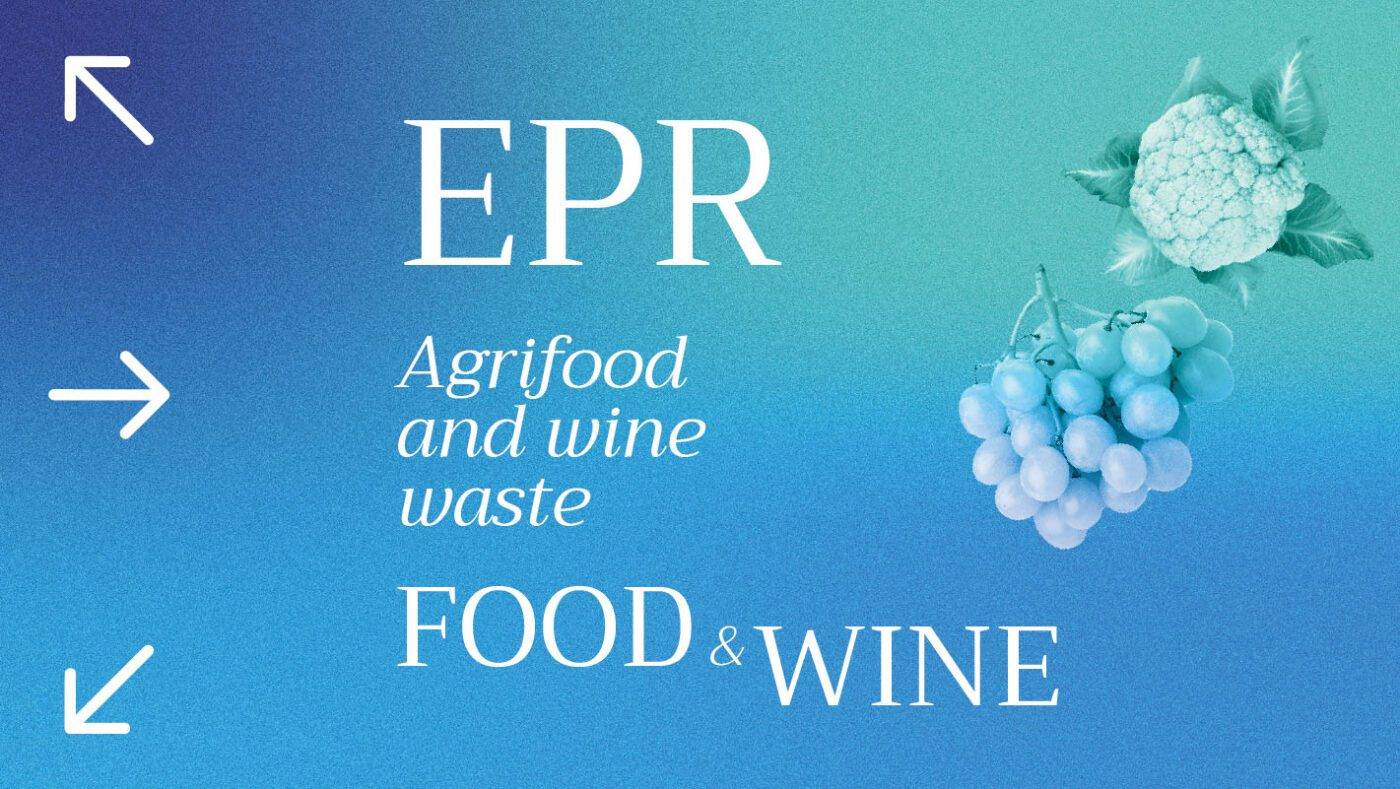
EPR Evolution: from packaging to food waste
There is currently no specific Extended Producer Responsibility (EPR) system for food waste. However, the management of food packaging already falls under existing EPR schemes, as set out in the Packaging and Packaging Waste Directive (PPWD). Future regulations may extend this approach to food itself. New tools could be introduced to promote more sustainable practices across the supply chain. The European Commission is expected to evaluate, by 2027, the funding of EPR schemes in the food sector. It will also consider setting new waste reduction targets for 2030 and 2035. We will keep you updated on any developments in this area.
EPR Is changing: are you ready?
Anticipating regulatory requirements can offer a competitive edge for agri-food companies. Adopting digital solutions for traceability, data management, and sustainability reporting will simplify compliance with future European regulations. It also helps meet rising consumer demands for transparency and environmental responsibility. In a market increasingly focused on sustainability, being proactive means enhancing your brand’s reputation and unlocking new growth opportunities.
Navigating food waste and EPR regulations with EZ Lab’s support
Anyway, industries will need to adapt to increasingly stringent regulations on food waste and waste management, including Extended Producer Responsibility (EPR). Made in Block’s Digital Product Passport, powered by blockchain and artificial intelligence, provides an effective solution for enabling supply chain traceability, ensuring both regulatory compliance and transparency towards consumers. This innovative tool creates a new communication channel with customers, enhances the purchasing experience, and fosters virtuous collaborations among the players in the supply chain. Implementing the DPP not only helps meet EPR obligations, but also allows companies to differentiate themselves in the market through responsible material management, transforming regulatory compliance into a concrete competitive advantage.
Contact us to discover how blockchain can revolutionise sustainability management in the food industry.
Discover the other EU Regulations in the food, wine and beverage sectors
- Extended Producer Responsibility (EPR): the platform you needWhat does Extended Producer Responsibility (EPR) mean in the context… >
- ESPR for furniture and design: the compliant software solutionIn this article, we explore the ESPR regulation for furniture… >
- The smart solution for EUDR wood and furniture complianceIn this article, we take a closer look at the… >
- GPSR for furniture: the compliance solutionIn this article, we explore the GPSR for the furniture… >
Our EPR platform is already operational in multiple sectors
- EPR food sector: the ready-to-use solutionThe European Union is strengthening measures to reduce food waste… >
- Extended Producer Responsibility (EPR): the platform you needWhat does Extended Producer Responsibility (EPR) mean in the context… >
- EPR textile waste – The solution for the Extended Producer ResponsibilityThe European Commission has proposed an amendment to the Waste… >







